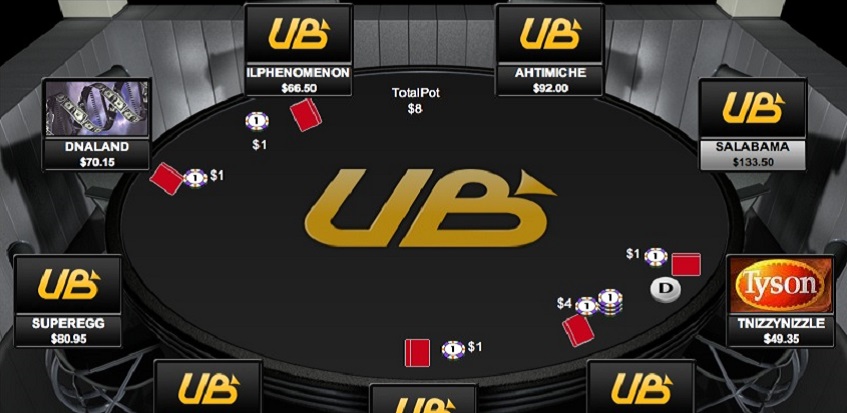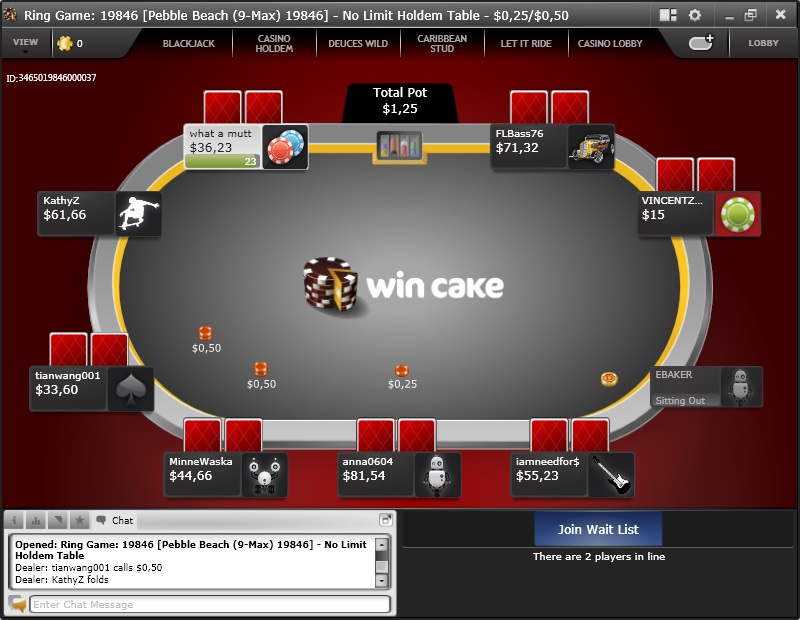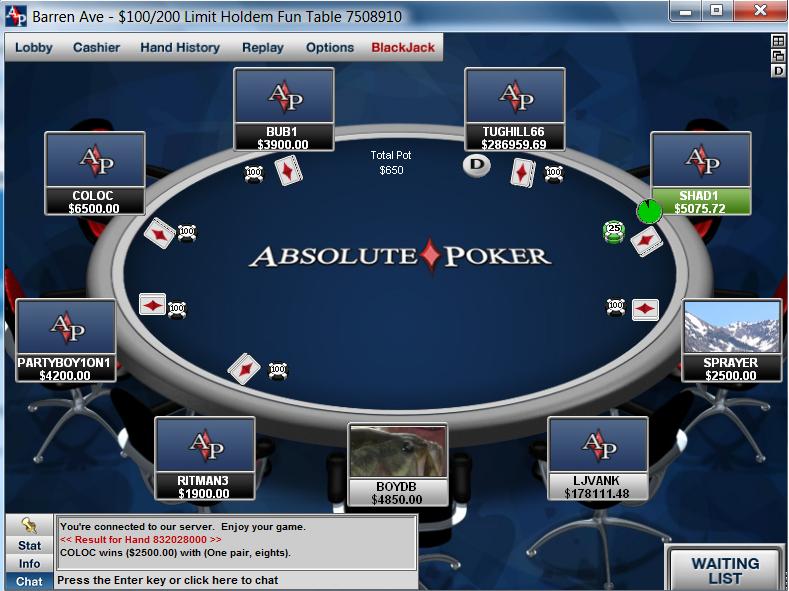15 Sep
It’s a sad fact of poker life that many players have to break the law to play their favorite game online, but while the US and other countries remain so slow in regulating poker it’s something which will be done – and close to 50% of sites operate in a grey, or even downright black, area. So how safe are these for the average player? Let’s take a closer look…

What are unregulated sites?
Very simply put, poker sites which do not come under government control, usually because they are situated ‘offshore’ and have not been shut down – yet!
Why do they exist?
As mentioned above, when countries decide to shut down an entire economy – as the USA did with Black Friday – players will either relocate to continue playing or find an alternative. And there will always be people willing to offer alternatives!
Also, in states where poker has been regulated: Nevada, New Jersey, Delaware and soon, perhaps, Pennsylvania and California, the player pools and games on offer can be relatively small compared to the ‘free market’ approach of unregulated sites.
How are they different from regulated sites?
Regulated sites have operating licences, have set rules which they must follow concerning player deposits, the people who are allowed to run them, who can play on them, etc.
Unregulated sites, on the other hand, are open to anyone who can access the site from anywhere in the world! Although essentially ‘blocked’ by many service providers in certain countries, there are always VPN’s and other ways to get around this.
Because they are unregulated, they could be run by criminals, or simply disappear overnight if the authorities decide to prosecute them, or you might just not get your money out when you want it – or ever!

Scare stories?
Everyone should know about the disasters which befell players on Ultimate Bet, Absolute Poker and Full Tilt – many players never seeing a single cent of their money when the sites were closed down.
But it’s not just massive closures and scandals which can affect player. Recently professional player Alex Foxen tweeted…
…which is exactly the kind of scare story which unregulated sites attract – security issues are one of the worst things which can happen to poker players someone is taking your money without a card being dealt!
However, the reality of the unregulated market is that such things vary wildly. Foxen later updated his Twitter account stating:
So, all’s well that ends well – and hopefully when such things are made public the sites will respond accordingly, tighten their procedures and make sure their customers (the likes of you and me) don’t get frightened off.
Cashing in, cashing out
Generally speaking, it’s not quite as easy to get your money onto unregulated sites, and even more difficult to get it back out – but it’s not quite as bad as the doom-mongers would have you believe.Most unregulated sites allow for normal credit card transactions, and some will even send you a debit card which reduces the hassle and fees.
Cashouts, however, remain a shady area for unregulated sites, perhaps the nature of the beast (it’s not legal!) meaning you might have to wait and sweat to withdraw your hard won dollars.
PokerUpdate stated last Christmas:
“Revolution Poker Network is one that looks as if it may never return money to customers. Full Flush Poker on the Equity Poker Network seems to be taking upwards of three months – sometimes as long as six months – for their withdrawals via online payment processors, bank wires, and checks. Merge Gaming takes at least six weeks at this point.”
This is what happens when things are unregulated – you have wide differences in how things are done. Not necessarily bad, just that you have to plan things better. In any event, keeping a huge chunk of your bankroll on an unregulated site (or any site for that matter!) is not a great idea. When the Feds or fraudsters come knocking, you don’t want to lose more than you can afford!

“Quis custodiet ipsos custodes?”
Of course, there are those who don’t believe that paying a huge chunk of revenue to state or federal government is an acceptable price to pay for poker-playing freedom.
A thoughtful post on a recent article by Marty Derbyshire included this:
“Total joke to think that the only way to get fair games is to allow corrupt officials and lobbyists to take their cut, segregate the player pools, decide who can and who can’t operate etc. There are mechanisms built in to the market to encourage good business practices and it’s only because of staunch regulations and red tape that rogue sites like Bovada even have traffic.”
As another reply stated:
“That’s exactly right. Who’s going to regulate the regulators?”

Conclusion
As with everything you do in life, there is a risk involved. Playing poker in any environment is ‘risky’ in some shape or form – but we do it because we love the game.
If you have no choice, then unregulated sites are where you have to be unless you can up sticks and change country/state. But so long as you know what you’re getting in to, there is nothing too horrendous likely to come your way.
Research your planned online poker rooms, check forums and news sites regularly for stories about your chosen unregulated sites, make sure you don’t fall for anything silly like ID theft, and keep your balance at a reasonable level whenever possible.
And then….just enjoy the fact that you can play poker! Make money, lose less hopefully, improve your game and see what the future brings!
